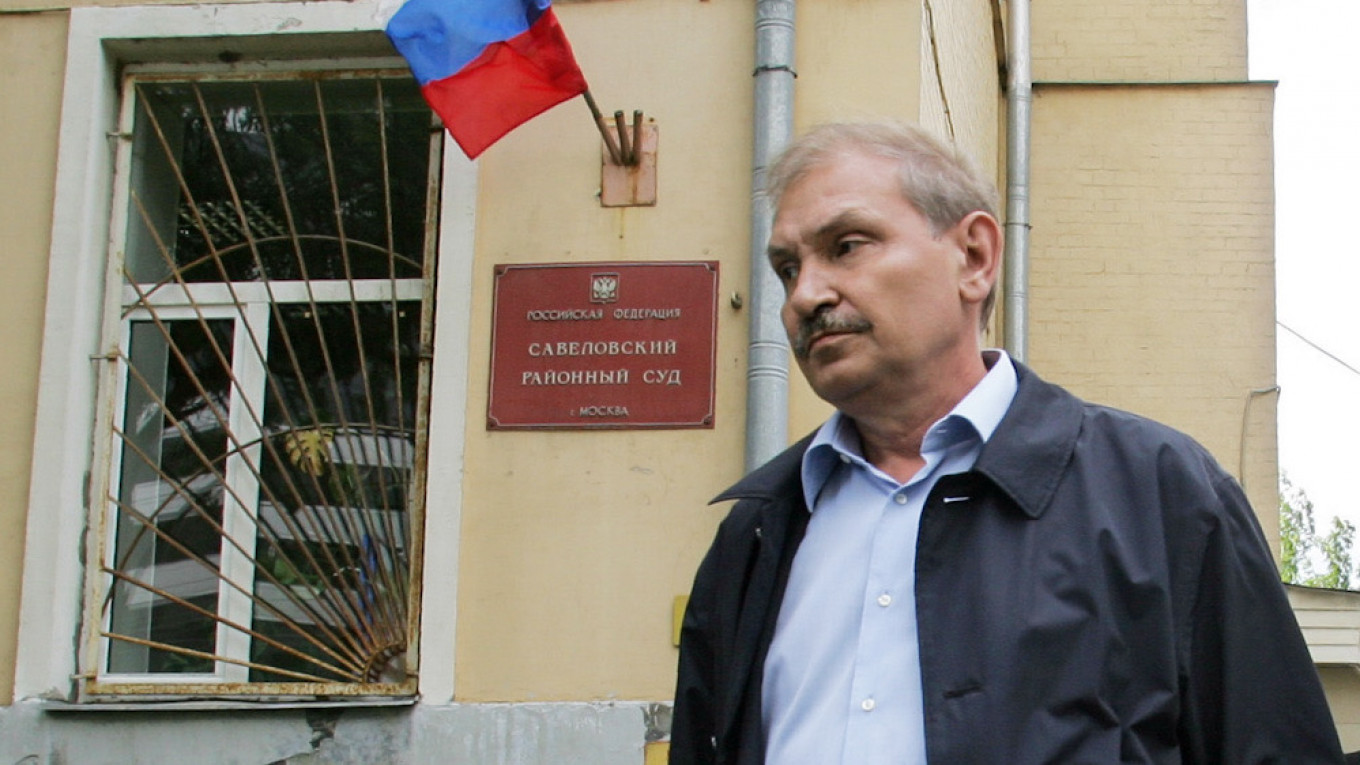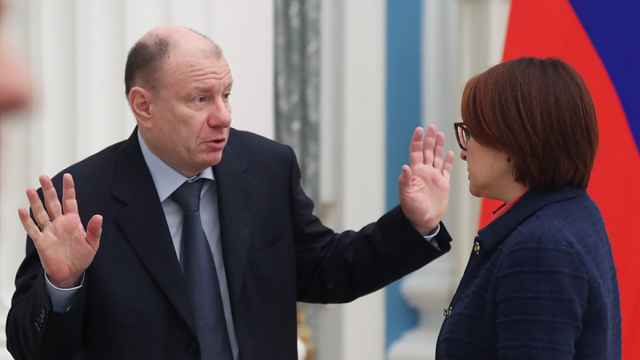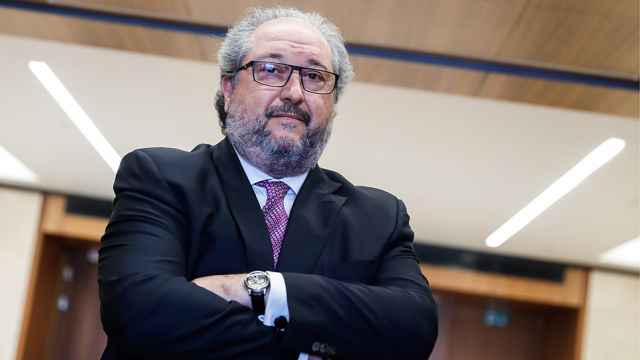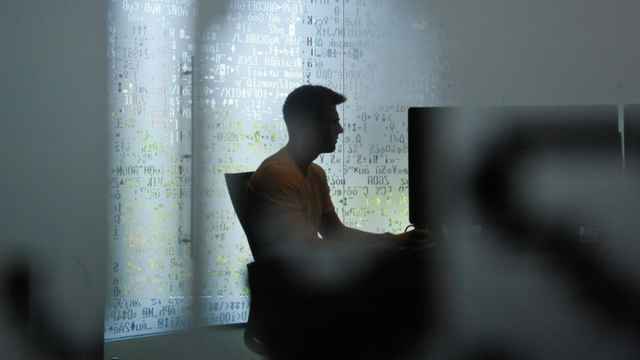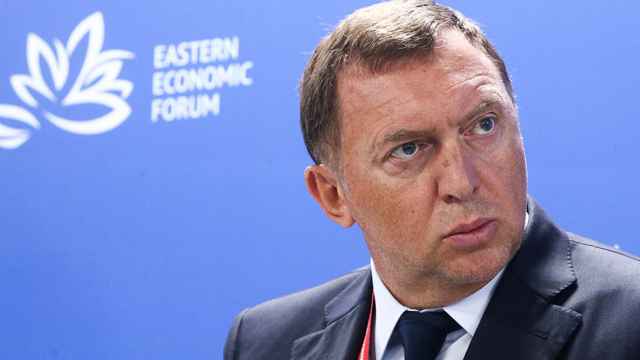An associate of the late Russian tycoon Boris Berezovsky was likely strangled to death at his London home three years ago, the BBC reported Saturday, citing a U.K. coroner ruling.
Nikolai Glushkov, who was granted political asylum in Britain in 2010 after he was accused of defrauding Russia’s Aeroflot airline during his time as its deputy director, was discovered dead at age 68 in March 2018. British counterterrorism police led the investigation into his death due to his associations with Berezovsky.
Berezovsky, a powerful post-Soviet tycoon who fled to London in 2000 after a row with Russian President Vladimir Putin, was ruled to have died by suicide in March 2013. Glushkov was one of Berezovsky’s oldest friends and business partners and was also critical of Putin.
According to the BBC, a London coroner’s court said evidence suggested “third-party involvement” in Glushkov’s death and senior coroner Chinyere Inyama ruled that he was unlawfully killed.
Glushkov’s injuries "could be consistent with a neck-hold, applied from behind, and the assailant being behind the victim,” the broadcaster quoted a pathology report summarized to the court as saying.
British police, which said no one has been arrested over Glushkov’s death, have renewed their appeal for information as part of the murder investigation.
Glushkov’s likely strangulation follows a series of attempted and successful killings of Russian nationals on British soil, including the 2006 poisoning with polonium of Kremlin critic Alexander Litvinenko and the near-fatal Novichok poisoning of former Russian spy Sergei Skripal and his daughter Yulia in 2018.
Detectives said there was no link between Glushkov’s death and the Skripal poisoning, which took place within a week of each other.
A Message from The Moscow Times:
Dear readers,
We are facing unprecedented challenges. Russia's Prosecutor General's Office has designated The Moscow Times as an "undesirable" organization, criminalizing our work and putting our staff at risk of prosecution. This follows our earlier unjust labeling as a "foreign agent."
These actions are direct attempts to silence independent journalism in Russia. The authorities claim our work "discredits the decisions of the Russian leadership." We see things differently: we strive to provide accurate, unbiased reporting on Russia.
We, the journalists of The Moscow Times, refuse to be silenced. But to continue our work, we need your help.
Your support, no matter how small, makes a world of difference. If you can, please support us monthly starting from just $2. It's quick to set up, and every contribution makes a significant impact.
By supporting The Moscow Times, you're defending open, independent journalism in the face of repression. Thank you for standing with us.
Remind me later.


